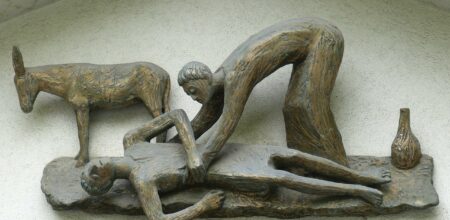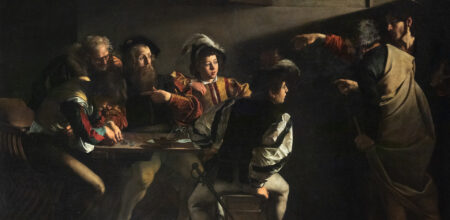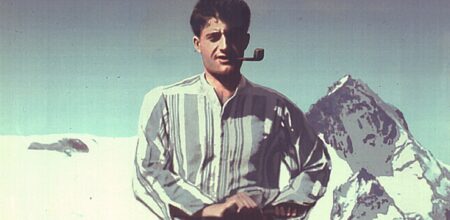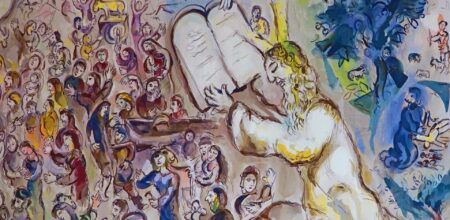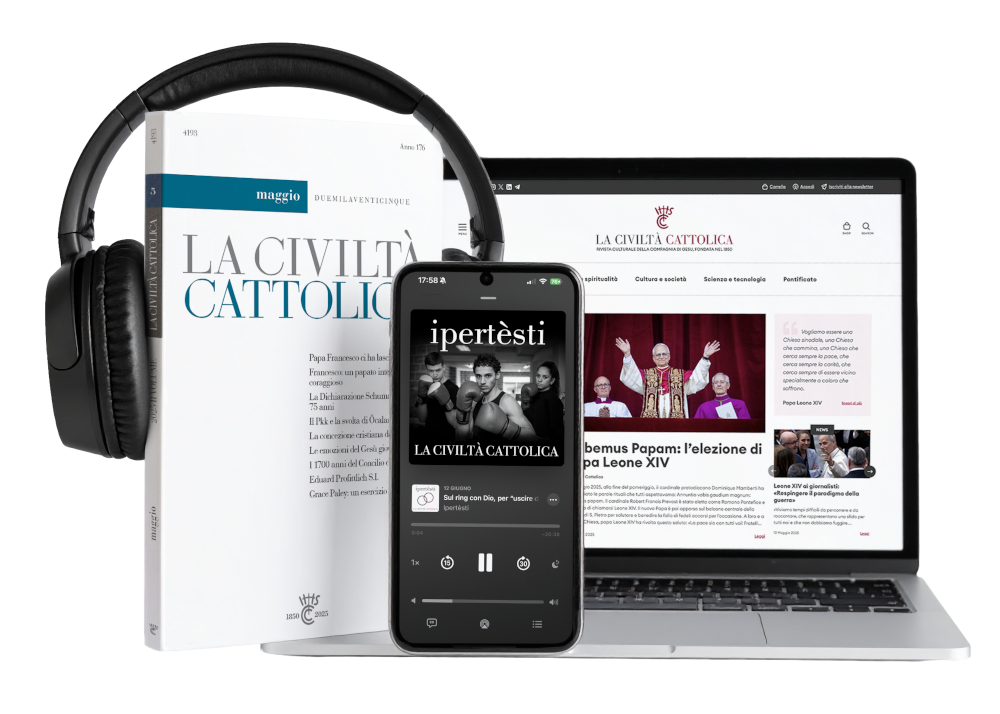Pope Francis’s “apostolic journey” to Mongolia earlier this month had the unexpected consequence of bringing Pierre Teilhard de Chardin, a singular and controversial French Jesuit scientist who died nearly seventy years ago, into the news cycle. As it turns out, Teilhard’s theology of cosmic spiritual progress is a useful way to understand the challenges that Francis is currently facing, as he and the Church prepare for a global synod next month in Rome. There, three hundred and sixty-three clerical and lay leaders representing two rival conceptions of the Church will encounter one another for several weeks of behind-closed-doors dialogue—a process that is meant to be amicable but may lead to open conflict prior to a second session next October. […]
Then the Jesuit journal La Civiltà Cattolica published a transcript of a conversation that Francis had with Portuguese Jesuits during his trip earlier that month. When one asked about the open criticism of him by some American Catholics, including bishops, Francis replied at length. “You have seen that in the United States the situation is not easy: there is a very strong reactionary attitude. It is organized and shapes the way people belong, even emotionally,” he said. “I would like to remind those people that indietrismo”—backwardness—“is useless, and we need to understand that there is an appropriate evolution in the understanding of matters of faith.” He later added, “Those American groups you talk about, so closed, are isolating themselves. Instead of living by doctrine, by the true doctrine that always develops and bears fruit, they live by ideologies.”
Which American groups, everyone wanted to know, was Francis talking about? […]








